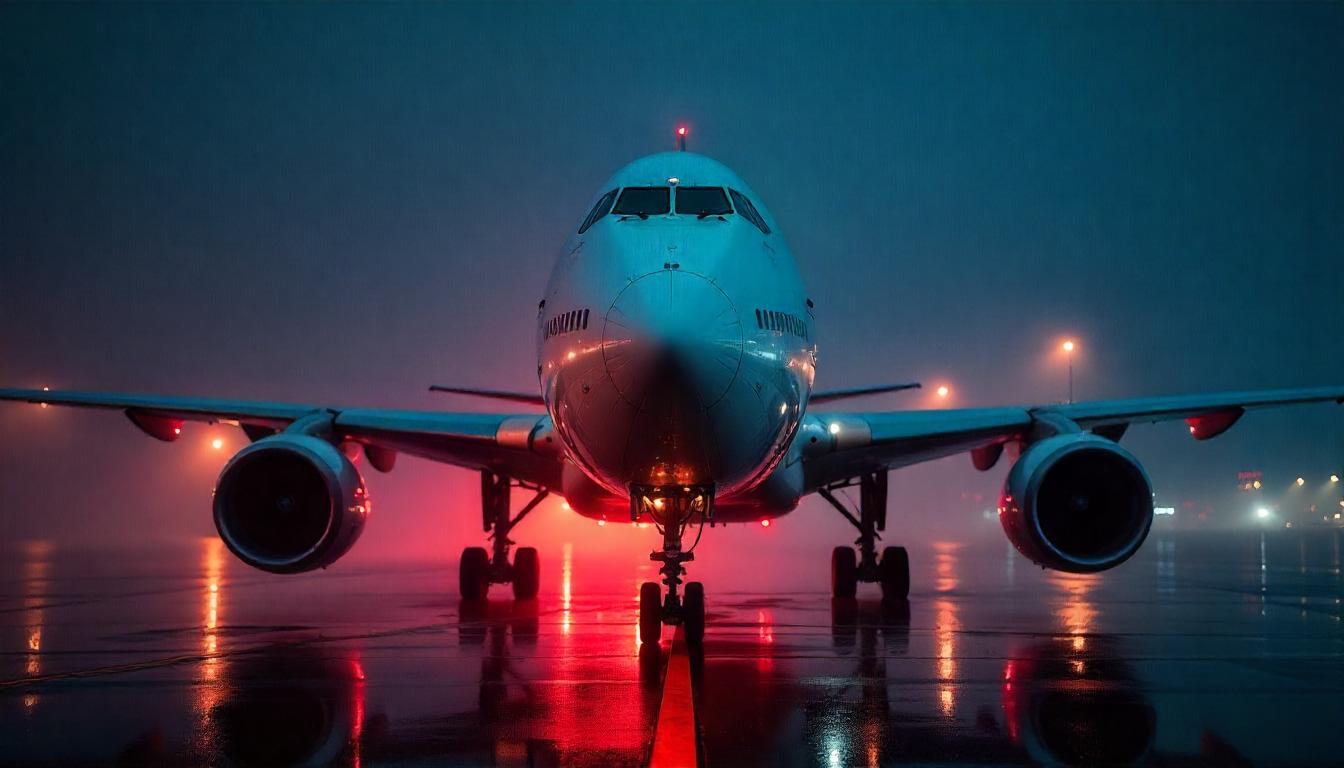China's Major Airbus Order Impacts Global Aviation Amid Boeing Issues

China is initiating a historic and game-changing shift in its aerospace procurement strategy, moving significantly towards European manufacturer Airbus and away from its long-standing U.S.-based counterpart, Boeing. This strategic realignment is driven by a confluence of factors, including persistent trade tensions and increasing tariffs on American-built jets, alongside dramatic manufacturing delays and safety concerns that have plagued Boeing. This pivot is poised to remould global aerospace market dynamics, positioning Airbus as the dominant force in China's rapidly expanding aviation sector while potentially weakening Boeing's influence in one of the world's largest and most valuable markets. Commercial aircraft manufacturers globally have been grappling with shifting economic conditions, trade barriers, and supply chain disruptions, and China's preference for Airbus underscores these evolving challenges.
Recent reports indicate that China is contemplating placing a massive order for hundreds of Airbus aircraft, with discussions potentially culminating next month. This timing is significant as European leaders are scheduled to visit Beijing to celebrate long-standing economic ties between China and Europe. Sources suggest the order could be for around 300 Airbus jets, with some estimates reaching as high as 500 aircraft. Given that China’s major airlines, including giants like Air China and China Southern, are state-owned, decisions regarding aircraft procurement are largely government-driven as these carriers look to replenish their fleets with both single-aisle workhorses and long-haul widebody jets.
The bulk of this anticipated order is expected to comprise Airbus’s A320neo family, which already has a manufacturing presence at Airbus’s Tianjin factory. This would significantly build upon a previous substantial purchase in 2022 when China ordered 292 A320neo aircraft, signaling a clear preference. For the long-haul segment, the Airbus A330neo is regarded as the top choice, especially as China’s backlog of long-haul aircraft has dwindled, with no new Boeing orders placed since 2017. It is indicated that China could order between 50 to 100 A330neo jets to meet the growing demand for intercontinental travel and replenish fleets at its major airlines.
Should this order materialize, particularly at its upper estimates, it could surpass Air India’s historic order of 470 jets placed in 2023. Even at the lower end, such a commitment would be a major game-changer for the global aerospace market. It would further consolidate Airbus's already strong position in China, the world's second-largest aviation market, while inevitably leaving Boeing further sidelined. While Airbus has not officially commented on this potential landmark deal, the growing interest from China in its aircraft is undeniable.
The mere possibility of this massive Airbus order has triggered a significant reaction in the stock market. Airbus shares experienced a rally of more than 4% in Paris during Wednesday’s trading session, marking one of its best days this year and adding over $5 billion to the company’s market capitalization. Other entities linked to the potential deal also saw positive stock movements; for instance, engine-maker Rolls-Royce, which supplies engines for Airbus’ A330neo, registered modest gains of around 0.7%, fueled by investor hopes of increased demand for its Trent 7000 engines.
Conversely, across the Atlantic, Boeing shares remained largely unaffected by the news. This muted reaction is attributed to the prevailing investor sentiment that has largely written off Boeing’s immediate prospects in the Chinese market. The ongoing trade tensions with China have already substantially weakened Boeing’s standing, and the likelihood of the company regaining significant market share in China appears to be diminishing.
The long-term implications of China's potential shift towards Airbus are profound for the global commercial aerospace industry. The Chinese government, with its control over the country’s largest airlines, wields considerable financial power to make massive aircraft purchases. Over the coming decade, Airbus is strategically positioned to benefit significantly from this market dominance, especially as the Chinese aviation sector is projected to continue its rapid growth trajectory. This ensures a steady demand for new aircraft, which Airbus seems poised to fulfill.
However, this advantageous position for Airbus might be a temporary scenario in the grander scheme of China's aerospace ambitions. China has long harbored plans to develop its own indigenous commercial aircraft, with the COMAC C919 currently in development. The C919, being developed by the Commercial Aircraft Corporation of China, aims to directly compete with Boeing’s 737 and Airbus’s A320. While the C919 is still in its developmental stages and likely won’t be ready for widespread deployment for at least another decade, China has demonstrated a clear intent to move towards self-sufficiency in aircraft manufacturing. In the interim, however, Airbus is expected to continue its dominance in the Chinese market.
Boeing emerges as the most significant loser in this evolving landscape. The company has already been struggling to maintain its market share in China, and the ongoing trade war with the U.S. has dealt a severe setback to its prospects. Increased tariffs on American-made aircraft have made Boeing jets less competitive for Chinese airlines. Furthermore, Boeing has faced considerable challenges related to safety concerns and manufacturing delays, which have further diminished its appeal to Chinese carriers.
In conclusion, China’s dramatic pivot towards Airbus, potentially involving orders for hundreds of aircraft, is set to transform the international aviation industry and may leave Boeing grappling with increased trade tensions and operational delays. This strategic move firmly places Airbus in a leading position to capitalize on China's expanding aviation market. This potential massive order from China marks a pivotal moment, reinforcing Airbus’s dominance in the region and significantly shifting the global balance of power in the fiercely competitive aviation industry, compelling Boeing to navigate a more challenging path ahead.











